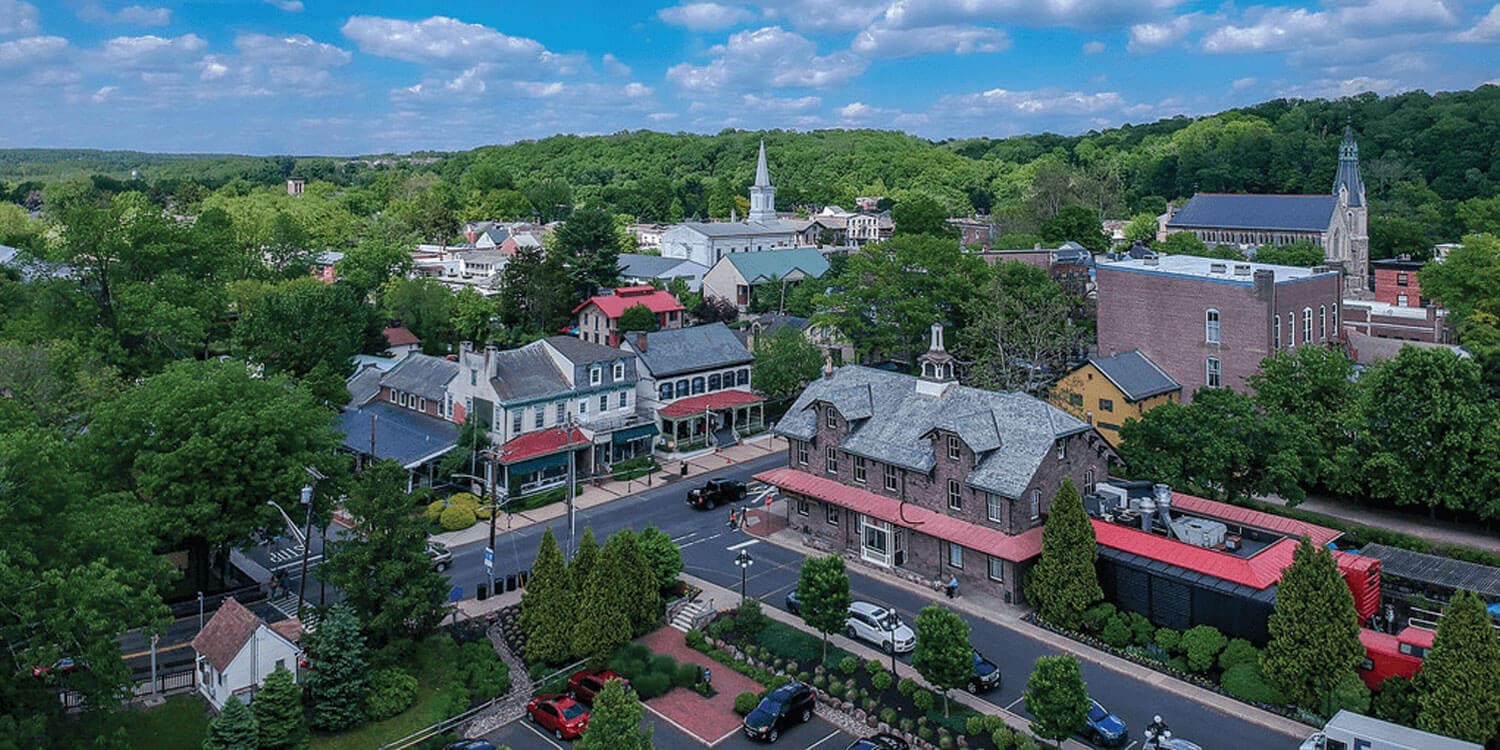New Jersey is the fifth-happiest state. What are we doing right?

Maybe they think they know us from ”The Sopranos” and ”Jersey Shore.” Or maybe they’ve heard that we have a lot of chemical plants and refineries. Could be they visited and didn’t understand what jug handles are, or they aren’t interested in arguing about pork roll vs. Taylor Ham.
For whatever reason, people like to throw shade on New Jersey. The state gets such a bad rap, in fact, that when British researcher Yougov polled Americans in 2015, respondents rated it the least-liked state in the country.
A more recent study, though, found that living in the Garden State should prompt jealousy, not jeers: Personal finance site Wallethub.com named New Jersey the “fifth happiest state in the U.S.” The state owes its top-five ranking to important quality of life factors such as in emotional and physical well-being (No. 2); lowest suicide and adult depression rates (also No. 2), and lowest divorce rates (No. 4).
Investment pays off
These social indicators contribute to happiness, social scientists say. But they don’t turn out well randomly, Well-being results from long-held practices and values.
“New Jersey is No. 1 in terms of per capita spending for grades pre-K through 12,” says Dr. Darren Spielman, executive director of the Senator Walter Rand Institute for Public Affairs at Rutgers-Camden. “The outcomes are quite good: Our graduation rates and proficiency in reading, writing and math are among the top three states in the country.”
Well-educated residents can get better, higher-paying jobs. Dr. Joel Cantor, director of the Center for State Health Policy at Rutgers-New Brunswick, says that “Socioeconomic status is the biggest driver of health in a population.”
While there are inequities in the state and average incomes vary community to community, “New Jersey is always one of the top two or three wealthiest,” he says. “There are many job opportunities that attract and retain a well-to-do, well-educated population.”
When people can support themselves and pursue satisfying careers, they often postpone marriage and child rearing until they’re comfortable financially — other factors that lend themselves to a sense of satisfaction (according to the CDC, the state has the fifth lowest teenage birth rate).
New Jersey’s relatively strong public transit, public safety and health systems also make the state an attractive place for raising families, says Cantor. In a roundup earlier this year, personal finance site MoneyRates.com rated it the third best state for raising families, with points lost for being expensive — renting is costly compared to other states, and property taxes are the highest per capita nationwide — but with points added for having “kid-friendly neighborhoods.”
For love of neighborhoods
Go to a mall on a weekend or try to park in a downtown Saturday night, and you feel it: The Garden State is, per capita, the most populous state. Density, though, has its advantages. Patrick Murray, founding director of the Monmouth University Polling Institute, regularly puts out a Garden State Quality of Life index. While opinions about life in the state have bounced around, he says, the percent who praise their own town or city has remained high and steady.
“We know people really like their neighborhoods,” he says. In bigger states, he says, a “local area” might be a huge county 100 miles across, but in New Jersey, “People aren’t willing to look beyond a 5-to-10-mile radius of their homes because they can get everything they need there. The measure of their happiness is based on feelings they’ve made within these areas. They stay not because of New Jersey, but because of Paramus or Pennsauken, the town they life in.”
It’s unfortunate that many young people who grew up in New Jersey have to leave it due to its high cost of living (it’s usually among the top 10 most expensive states). But once they’re looking for a place to raise their own families, they have good reasons to come back.
Merideth Krause, a mother of two from Coral Springs, Fla., moved to Fair Lawn with her husband, a Wayne native, so he could practice law in his home state. “The public school education is much better here — so yes, you get what you pay for,” she says. “I enjoy the overall tolerance of other people’s backgrounds, and how conveniently close everything is. We love it.”
Kristyn Varner, who grew up in Richmond, Ky., appreciates what she found in the state when she moved to Park Ridge to be with her boyfriend. “There are 77 libraries,” she says of the Bergen County system. “That’s 75 more than I had where I grew up.”